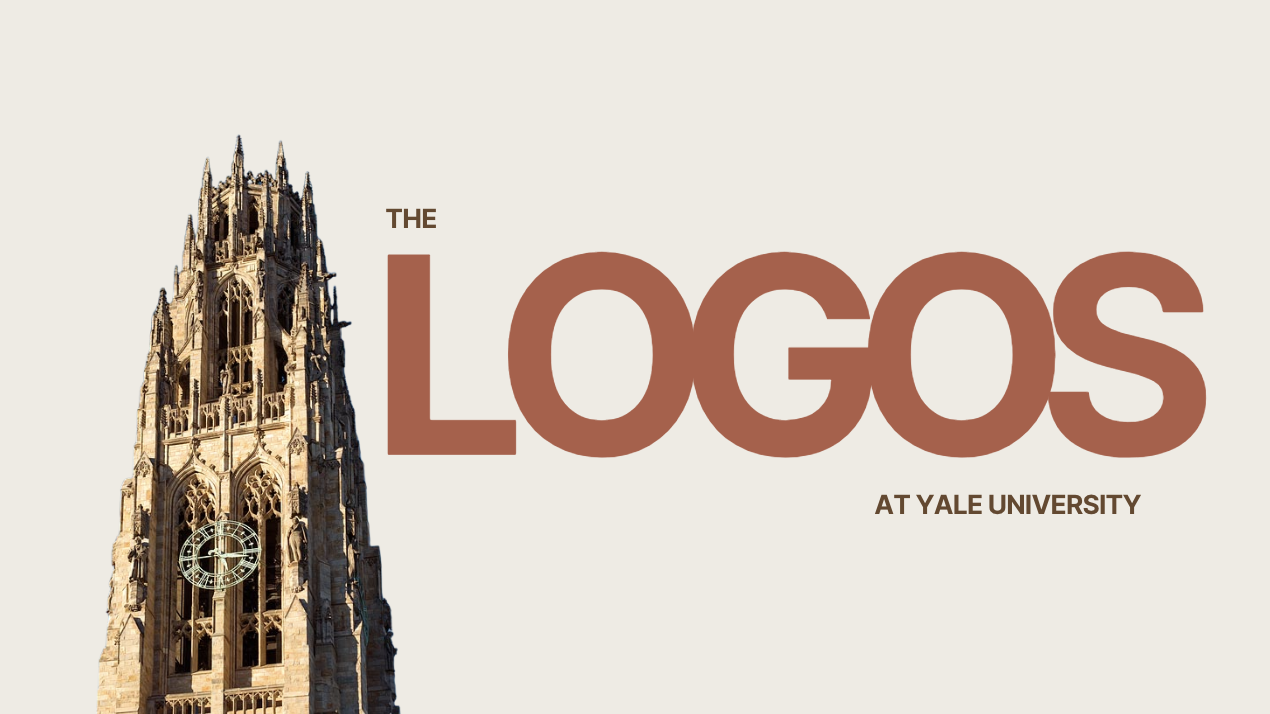
Search Our Writing:

Called to Create: An Interview with Professor Demetrios Braddock
December 31, 2021 | By Raquel Sequeira TD ‘21.5
Professor Demetrios Braddock specializes in Hematopathology (diseases of the blood) at the Yale School of Medicine, where his lab studies a group of proteins that are crucial for the proper development of bones. Loss of one of these proteins in a rare genetic disease leads to hard, bone-like formations in arteries and blood vessels, resulting in death shortly after birth. Professor Braddock created a treatment for this disease by designing a new protein to replace the lost function. I spoke to Professor Braddock about his work—both a scientific and a Christian vocation of creation. The following interview has been edited for length and clarity.

Batter My Heart
December 31, 2021 | Shi Wen Yeo MC ‘23
The famous English poet John Donne is said to have been so afraid of and obsessed about death that he, on multiple occasions, rehearsed his death by lying still in his hearse and having someone paint the dead likeness of him. Indeed, he was a poet of the English Renaissance, characterised by his polemic attitudes—in his youth, he wrote many famous erotic love poems yet moved to somber sermons in adulthood, and he even converted from the “salvation through works” Catholicism to “faith and works” Anglicanism to become an important preacher in the Church of England. Ostensibly, he was a troubled figure, full of personal vacillations and characterised by contradictions—not unlike many Christians today.

How Could Immortality Be Good?
December 31, 2021 | By Shayley Martin DC ‘22
In books and movies, immortality is generally a bad thing. We watch characters strive for it only to discover that life goes sour if prolonged. Even aside from practical issues like overpopulation and resource depletion, there’s a prevailing idea that human nature can’t stomach living forever. The end of a Netflix series called The Good Place captures this well: the occupants of paradise become so bored with the afterlife’s never-ending stream of pleasures that they rejoice when finally offered a chance to vanish from existence. The show concludes that fleetingness gives life its meaning.

Making Sense of Destruction
December 31, 2021 | By Justin Ferrugia TD ‘23+1
Affliction plays a complicated role in the Christian worldview. We are naturally predisposed to fear it. Pain, suffering, and danger elicit some of the most profound physiological responses in all animals. Human beings, however, are unique in our ability to reason with, deeply understand, and rationally attempt to avoid affliction in our lives. The gift we possess to relate rationally to the world around us magnifies our ability to deeply understand and be impacted by our afflictions.

Emotional Enlightenment
December 31, 2021 | By Hannah Turner, BK ‘23+1
The concepts Karl Marx did not grasp led to the downfall of communism, but may also lead to the magnification of our societal understanding. He believed that there must be an enlightenment of the proletariat for the realization of the bourgeoisie’s exploitation of them. A revolt would follow. Finally, once the proletariat is in control of the state, a communist society would be born. Everyone would live, “from each according to his ability, to each according to his need.”

(Mis)perceptions
December 18, 2021 | By Serena Puang, DC ‘22+1
The seat you choose on the first day in journalism class has a major impact on how the next month in the class is going to go. The first assignment is always to write a 2000-word profile of the person who sits beside you during the first class, and you have to talk to at least 15 people in their life to understand what makes them tick.
Upcoming Events:
-
Writing Voice Workshop
THURSDAY, JAN 22ND, 6:15-7:50 PM,
Elm Institute
This week, we will hone our writing voice in different styles.
-
Editing for Writing with Voice Workshop
THURSDAY, JAN 29TH, 6:15-7:15 PM, Location TBD
Based on the previous week’s workshop, we will edit our pieces to hone our writing voice.
-
Veritas Weekend
FEB 6-8TH, Boston
Save the date for Veritas Weekend in Boston! More information below!
Signup Date Passed
-
Theme Introduction Meeting
THURSDAY, FEB 12ND, 6:15-7:15 PM,
Location TBD
Our theme this semester is… mirrors! We will be exploring the literary tradition and potential topics for mirrors.
-
Theme Introduction at Elm
THURSDAY, FEB 19ND, 6:15-7:50 PM,
Elm Institute
We will be continuing our exploration of the theme of mirrors at the Elm Institute, with a session led by Peter Wicks.
-
Writing Retreat
SATURDAY, MARCH 28TH
We will be adjourning to the countryside to spend a day dedicated to making progress on our drafts.
